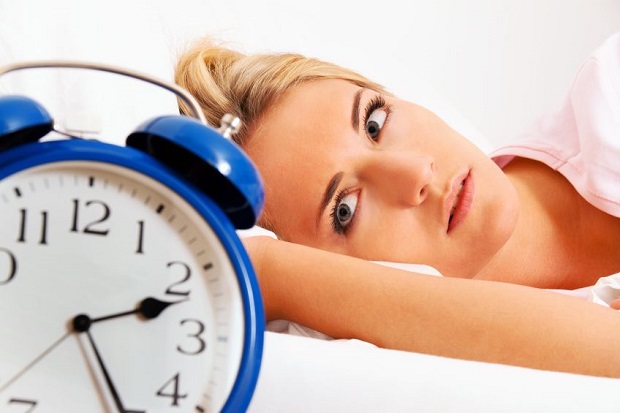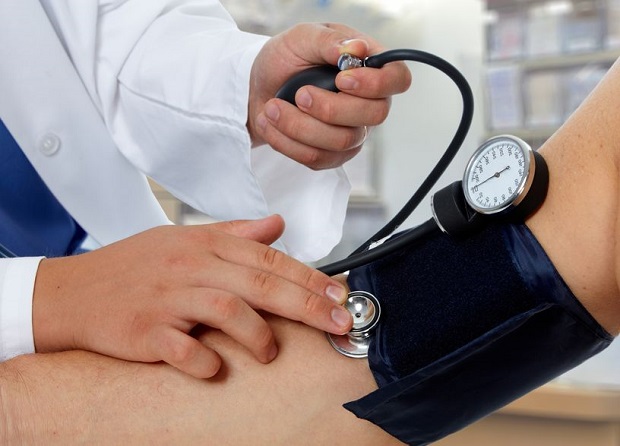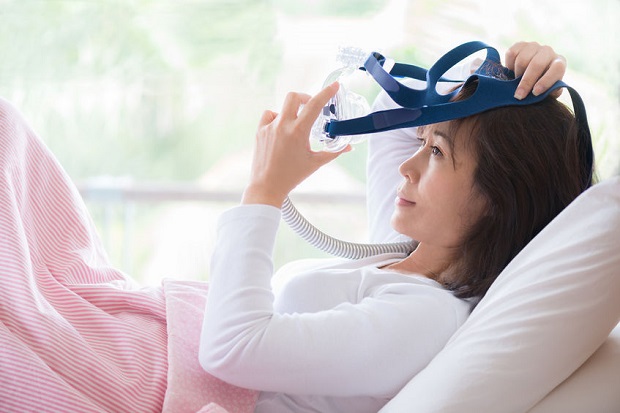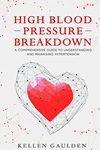
The Link Between Insomnia and High Blood Pressure
If you have high blood pressure and suffer from insomnia you may be interested to know that they are linked. According to a study conducted by Penn State College of Medicine, those suffering from insomnia are five times more likely to suffer from high blood pressure. In addition, those suffering from insomnia have an increased risk of several heart conditions, including heart attack, stroke, irregular heartbeat, and angina. [1]
Jump Ahead
- Insomnia Increases High Blood Pressure Risk
- Sleep Temporarily Lowers Blood Pressure
- Sleep Disorders Affecting Blood Pressure
- Resources
Insomnia Causes High Blood Pressure

Speaking of his findings at Sleep 2008, the annual meeting of the associated professional sleep societies, lead researcher Alexandros Vgontzas recounted his methods and results. Interviewing more than 1,700 people, Vgontzas grouped them according to sleep duration and efficiency and discovered that those that slept fewer than five hours per night were five times more likely to suffer from hypertension. Sleeping five to six hours raised the likelihood of hypertension three times, concluding that there is a definite link between insomnia and hypertension. [2]
Sleep Temporarily Lowers Blood Pressure

Though not directly related to high blood pressure, there is a connection between sleep problems and heart health. When you sleep, your blood pressure dips nearly 10%. According to research, this drop in blood pressure appears to play a role in cardiovascular health. If you suffer from a sleep disorder and your blood pressure does not dip as it should, you have an increased risk of heart attack, stroke, irregular heartbeat, and angina. [3]
Sleep Disorders Affecting Blood Pressure

Because blood pressure is influenced by the autonomic function of the nervous system during sleep, additional sleep disorders may also affect blood pressure. Sleep disorders that may cause high blood pressure include sleep deprivation, restless leg syndrome, and obstructive sleep apnea. [4]
Resources
- [1] [2] SLEEP 2010 – Updates from the 24th Annual Meeting of the Associated Professional Sleep Societies – “SLEEP 2010: Insomnia Linked to Increased Risk of High Blood Pressure.”
- [3] National Institutes of Health Heart, Lung, and Blood Institute – “Your Guide to Healthy Sleep.”
- [4] Calhoun MD., David A, “Sleep and Hypertension.” Chest. 2010. Vol. 138, No. 2, pp: 434-443.
DISCLAIMER: THIS WEBSITE DOES NOT PROVIDE MEDICAL ADVICE
The information, including but not limited to text, graphics, images, and other material on this website, is for informational purposes only. No material on this site is intended to be a substitute for professional medical advice, diagnosis, or treatment. Always seek the advice of your physician or other qualified healthcare providers with any questions you may have regarding a medical condition or treatment before undertaking a new healthcare regimen, and never disregard professional medical advice or delay in seeking it because of something you have read on this or any other website.
Related Products
High Blood Pressure Breakdown: A comprehensive guide to understanding and managing hypertension.
High Blood Pressure Breakdown Cookbook: Season your life and your food. Savor Flavorful Recipes for a Healthy Heart and Lower Blood Pressure







